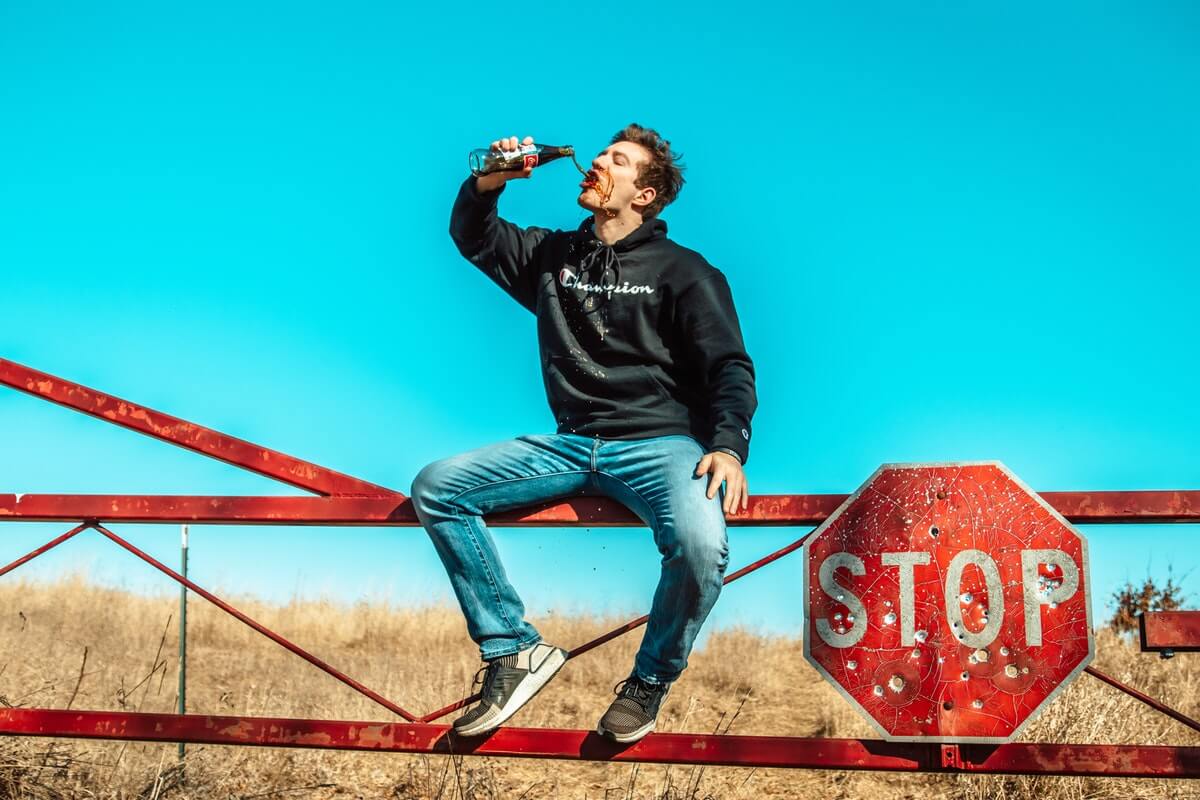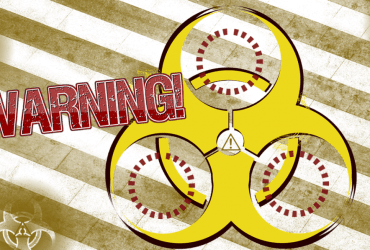Have you ever been home, all by yourself, after a long day at work, and the only thing that sounds good is a nice cold drink? And then you realize that if you drink alone tonight, that will be two nights in a row where you’ve had alcohol solo. Sound familiar?
Most people associate drinking with socializing. From happy hour to weekend bar crawls, alcohol is often seen as a way to connect with others. But what happens when social drinking isn’t an option?
For many people, the answer is simple: they drink alone. While there’s nothing wrong with enjoying a quiet drink by yourself every now and then, doing it too often can be detrimental to your mental and physical health.
Yes, with a cup of drink, you can blow off some steam after a long day or drown your sorrows when you’re feeling down, but before you know it, you’ve been drinking alone every night for weeks on end.
So, what can you do to break this cycle? Keep reading to find out!
What are the risks of drinking alone?
Drinking alcohol comes with a host of risks, regardless of whether you’re drinking with others or not. But when you drink alone, these risks are amplified.
For example, let’s say you’ve had a few drinks, and you start to feel woozy. If you’re with friends, they can help you get home safely. But when you’re alone, there’s no one to prevent you from driving drunk or walking home alone and putting yourself in danger.
Additionally, alcohol is a depressant, so it can exacerbate feelings of loneliness, depression, and anxiety. If you already struggle with mental health issues, drinking alcohol by yourself can make these problems worse.
Many people who drink alcohol also struggle with addiction. Drinking alone can make it easier to fall into problematic drinking patterns and develop an alcohol use disorder.
If you find that you’re regularly drinking alcohol alone, it’s essential to seek help. Alcohol addiction is a serious problem that requires professional treatment.
How Can I Stop Drinking Alone?
If you’re struggling with alcohol addiction, the best thing you can do is seek professional help. Many alcohol rehab centres offer comprehensive treatment programs designed to help you overcome your addiction and get your life back on track.
Also Read: Is Your Relationship Suffering Because of Social Media?
In addition to alcohol rehab, there are also many 12-step programs that can provide support and guidance as you recover from alcohol addiction. In a case where you’re not struggling with addiction but find that you’re drinking alone more often than you’d like, consider seeking help from a therapist or counsellor.
A therapist can help you identify the underlying reasons why you’re drinking alone and provide guidance on coping with these issues healthily. Some methods that a therapist might recommend include:
Identifying your triggers:
What situations lead you to drink alcohol by yourself? Once you know your triggers, you can develop a plan to avoid them or cope with them healthily.
Developing healthy coping mechanisms:
If you’re drinking alcohol to cope with negative emotions, it’s important to find healthier ways to deal with these feelings. A therapist can help you develop coping mechanisms that don’t involve alcohol.
Alcohol hypnotherapy:
Using hypnosis to overcome alcohol addiction has proven effective for some people. Alcohol hypnotherapy can help you change your relationship with alcohol and make it easier to cut down or quit drinking altogether.
Conclusion
Between work, family, and social obligations, it can be challenging to find time to relax and unwind. But if you find that you’re drinking alcohol more often than you’d like, it’s important to take steps to change your behaviour.
By seeking professional help and making lifestyle changes, you can break the cycle of drinking alone and improve your overall health and wellbeing.








